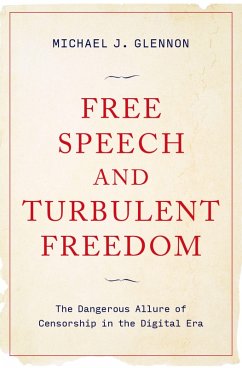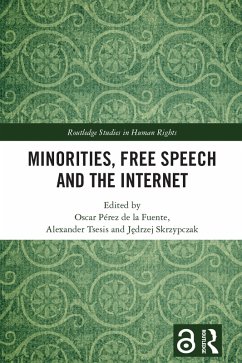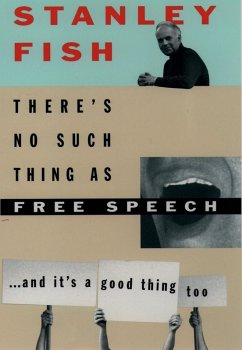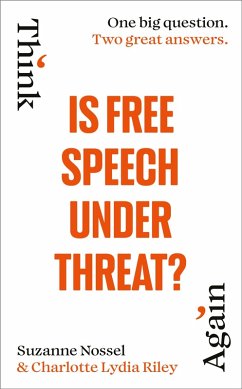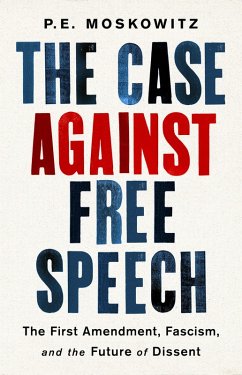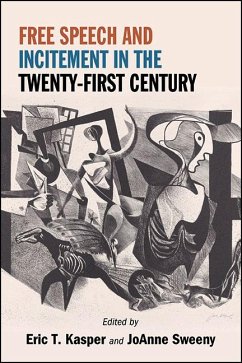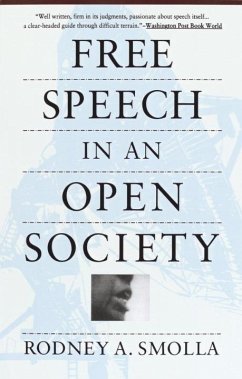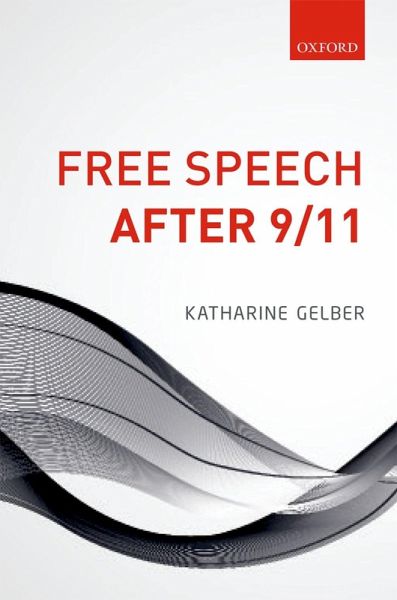
Free Speech after 9/11 (eBook, ePUB)
Versandkostenfrei!
Sofort per Download lieferbar
36,95 €
inkl. MwSt.
Weitere Ausgaben:

PAYBACK Punkte
18 °P sammeln!
Although there has been a lot written about how counter-terrorism laws impact on human rights and civil liberties, most of this work has focussed on the most obvious or egregious kinds of human rights abrogation, such as extended detention, torture, and extraordinary rendition. Far less has been written about the complex ways in which Western governments have placed new and far-reaching limitations on freedom of speech in this context since 9/11. This book compares three liberal democracies - the United States, the United Kingdom and Australia, in particular showing the commonalities and simil...
Although there has been a lot written about how counter-terrorism laws impact on human rights and civil liberties, most of this work has focussed on the most obvious or egregious kinds of human rights abrogation, such as extended detention, torture, and extraordinary rendition. Far less has been written about the complex ways in which Western governments have placed new and far-reaching limitations on freedom of speech in this context since 9/11. This book compares three liberal democracies - the United States, the United Kingdom and Australia, in particular showing the commonalities and similarities in what has occurred in each country, and the changes in the appropriate parameters of freedom of speech in the counter-terrorism context since 9/11, achieved both in policy change and the justification for that change. In all three countries much speech has been criminalized in ways that were considered anachronistic, or inappropriate, in comparable policy areas prior to 9/11. This is particularly interesting because other works have suggested that the United States' unique protection of freedom of speech in the First Amendment has prevented speech being limited in that country in ways that have been pursued in others. This book shows that this kind of argument misses the detail of the policy change that has occurred, and privileges a textual reading over a more comprehensive policy-based understanding of the changes that have occurred. The author argues that we are now living a new-normal for freedom of speech, within which restrictions on speech that once would have been considered aberrant, overreaching, and impermissible are now considered ordinary, necessary, and justified as long as they occur in the counter-terrorism context. This change is persistent, and it has far reaching implications for the future of this foundational freedom.
Dieser Download kann aus rechtlichen Gründen nur mit Rechnungsadresse in A, B, BG, CY, CZ, D, DK, EW, E, FIN, F, GR, HR, H, IRL, I, LT, L, LR, M, NL, PL, P, R, S, SLO, SK ausgeliefert werden.




